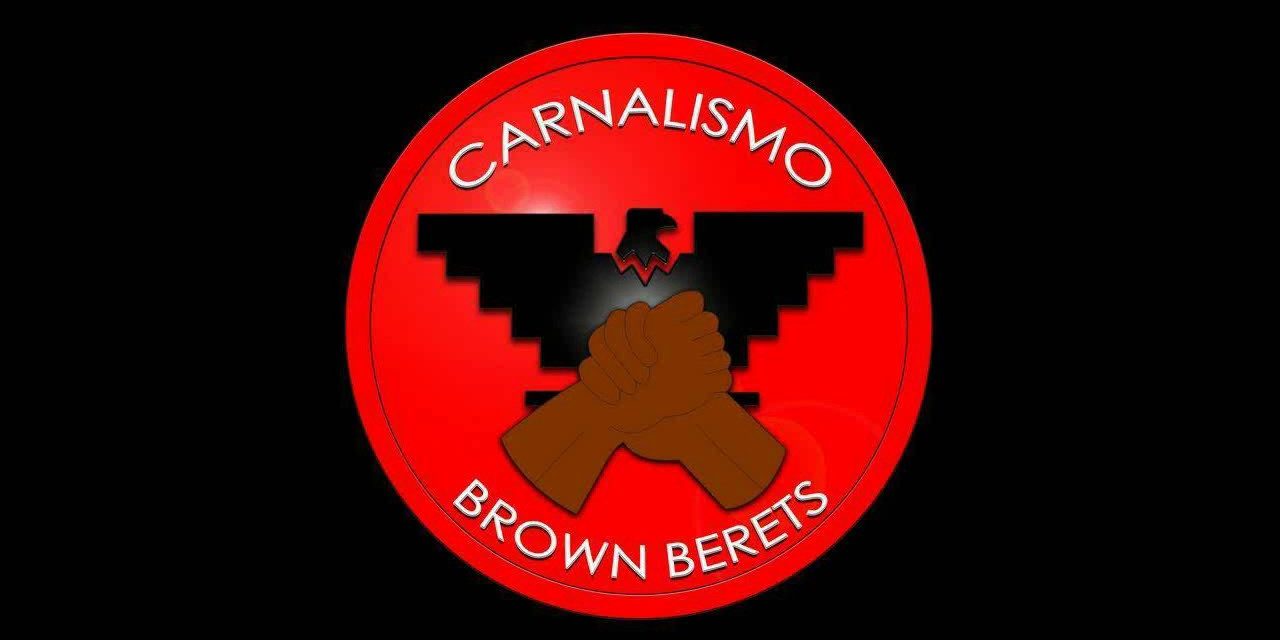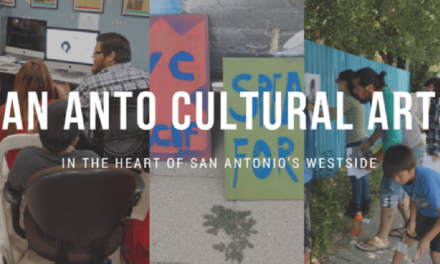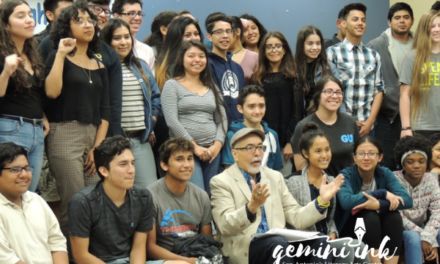The Brown Berets are a pro-Chicano organization that emerged during the Chicano Movement in the late 1960s founded by David Sanchez and remains active to the present day. The group was seen as part of the Third Movement for Liberation.
There are different divisions of the group originating from different states. La Cauza originates from California while the Brown Berets Carnalismo originate from Texas.
George Trevino is a national recruiter for the organization. He has been active with the group since 2016 when he began visiting local cultural arts centers and learned about the organization. As a child migrant worker, he grew up reading books like I Am Joaquin by Rodolfo “Corky” Gonzales and in the 1990s he helped put together wage protests at “the campos” in Michigan.
The Brown Berets’ movements largely revolves around farm worker’s struggles, educational reform, and anti-war activism; they have also organized against police brutality.
People looking to wear a brown beret must be prepared to begin a 6 month process in order to become a member of the group.
Despite the brotherhood semantics associated with the name, Trevino said the machismo stigma is slowly changing with more involvement in LQBTQ movements and maintaining heavy feminine presence throughout the organization.
He said the Houston chapter is completely led by women whose Prime Minister is Elizabeth Lozano.
“We all fight on the same level,” said Trevino.
The local chapter is dedicated to supporting the campos on the fronterra in conjunction with the Brownsville chapter. They also advocates for the prison living conditions.
In the neighborhoods, they work closely with food pantries to help distribute resources into the communities and information to combat their largest charge: Gentrification of the Barrios.
The signs on the westside read, “Mi Barrio no se Vende,” as historical buildings get bought up a little more each year.
“The city is slowly screwing [the barrios] over,” said Trevino who is part of the Save Old Highway 90 alliance with Juan Aguirre.
Trevino explained that the most important aspect of the organization is education because most elder people don’t even know what gentrification is. They participate in block walks and engage the community through events and meetings. The organization is hopeful they can see more compassionate expansion in San Antonio, but face legislative obstacles.
“It’s the little Barrios versus the city,” said Trevino when speaking about how the city uses the court system to silence opposition of the old highway name change.
Trevino is happy when people get excited about activism because of the Chavez march and he encourages participants to stay engaged and be connected with the whole city.
He offered the following advice for young people who are interested in activism in this era, “Stay strong in your convictions. Educate yourself on what you are advocating for and know the history of the people before you: learn from their mistakes and their progress. Be prepared for anything and do it for the betterment of your gente.”
The group meets the last Sunday of every month. They will be at the Cesar Chavez March this weekend. For more information
Brown Berets Carnalismo San Antonio












